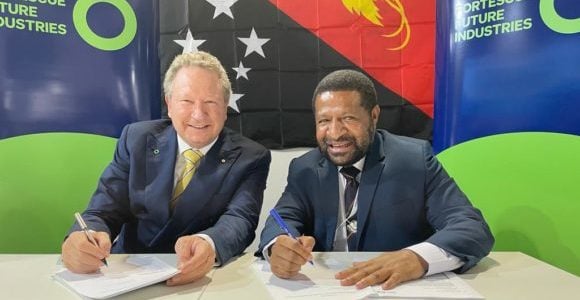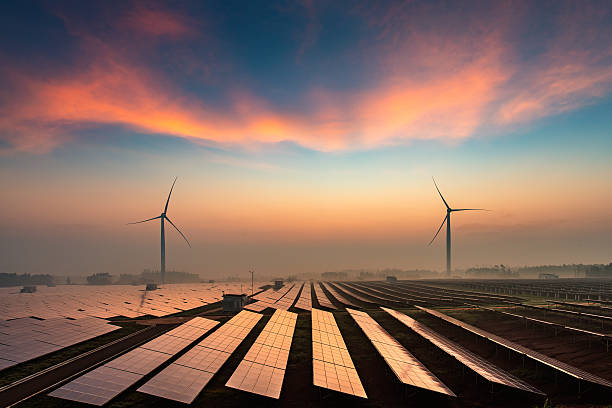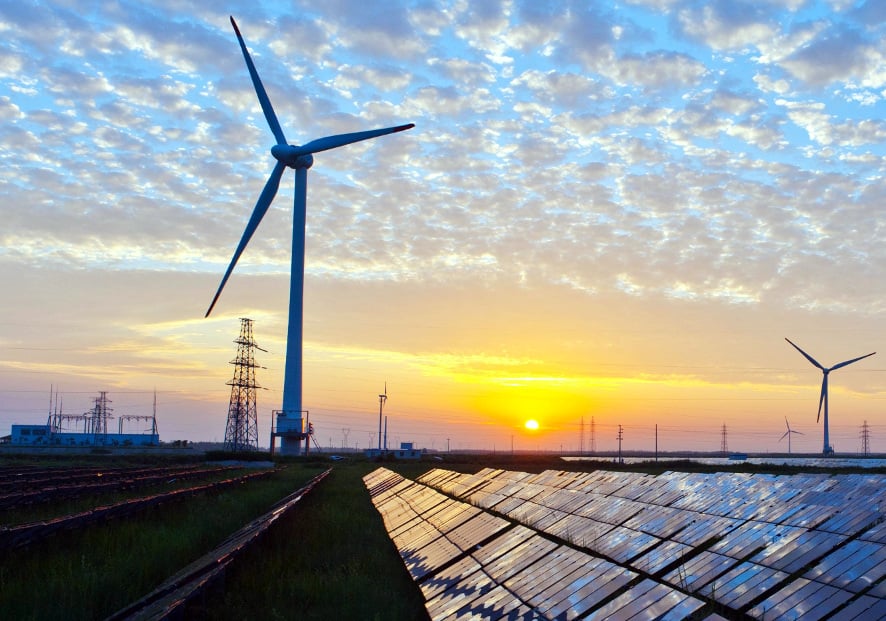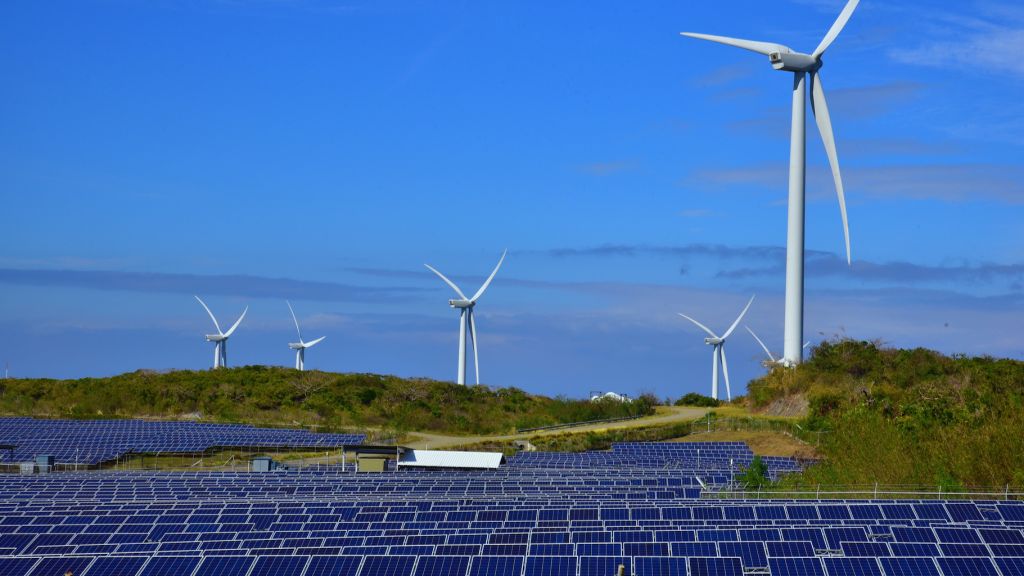Papua New Guinea Fortescue Future Industries has signed a deal to undertake feasibility studies for 18 green energy and hydrogen projects in Papua New Guinea.
Papua New Guinea Fortescue Future Industries Ltd, a subsidiary of Australian-owned Fortescue Future Industries (FFI), has signed a Master Development Agreement with the State of Papua New Guinea to undertake feasibility studies to develop up to seven hydropower projects and 11 geothermal energy projects in PNG.
The agreement is the latest in a series signed with the PNG government since September 2020.
According to a statement issued by FFI (itself a division of the Fortescue Metals Group), the intent of the projects is to ‘generate renewable electricity for the purpose of producing green hydrogen and green ammonia, creating a significant new domestic energy and export industry for PNG’.
‘These augurs well with my government’s initiative to promote green energy by 2030 and transition into a carbon neutral country by 2050 as stated in our country’s Vision 2050,’ said Prime Minister James Marape in a statement welcoming the deal, which was signed in Glasgow during the COP26 climate conference.
‘These projects will completely transform PNG to become a leader in the world’s renewable energy transition.’
‘Over and above the green energy agenda, the deal with Fortescue Futures Industries represents important investments domestically, employment for our people and taxes for the government.’
‘We share Prime Minister Marape’s vision that PNG can be at the forefront of developing hydropower and geothermal resources for the emerging global green hydrogen industry,’ said FFI’s CEO Julie Shuttleworth.
According to FFI, the 18 projects identified in PNG could produce up to 2.3 million tonnes of green hydrogen per year once completed.
While details of all the projects have not yet been made public, potentially the largest project is the proposed Purari Wabo Hydropower project Gulf Province, which has been the subject of previous feasibility studies going back to 1977.
A previous feasibility study funded a decade ago by Origin Energy and PNG Sustainable Development Programme found that the project had a potential generating capacity of more than 2000 megawatts – more than double PNG’s entire existing capacity – making it suitable as an export project. Origin Energy shelved plans to develop the project in 2014, however.
FFI claims it has already ‘significant progress’ on the project, with ‘scoping studies and early-stage pre-feasibility works completed’, as is the case with a smaller geothermal project in West New Britain.
‘These projects will completely transform PNG to become a leader in the world’s renewable energy transition. We are committed to ensuring PNG’s communities benefit from growth and development through these projects, including training, employment and business development opportunities,’ said Fortescue’s Chairman, Dr Andrew Forrest.
Julie Shuttleworth said FFI would ‘undertake extensive community, landowner and stakeholder engagement to develop a detailed national content plan as part of its stakeholder investment strategy.
This story was published at Business Advantage PNG on 08 November 2021, reposted via PACNEWS.




